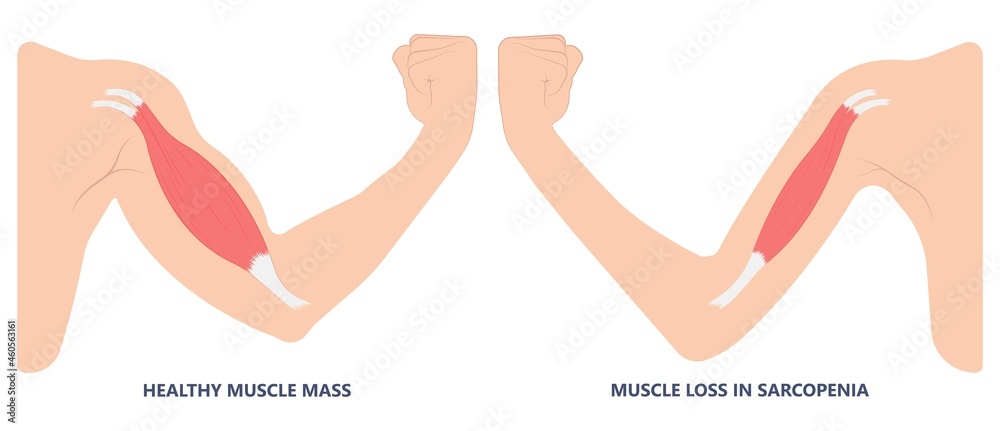In February (Heart Month) And Year Round, Supplements Like Fish Oil and CoQ10 Matter
About Scott V Watkins, MD
February is Heart Month, making the topic of what’s best to protect that vital organ all the more timely.
Let’s start with the most recent findings supporting the benefits of certain supplements for cardiac health.
For instance, a large meta-analysis published in the December 2022 issue of the Journal of the American College of Cardiology reviewed 884 studies comprising over 883,000 participants — a total of “4,895,544 person-years.” The research, titled “Micronutrient Supplementation to Reduce Cardiovascular Risk,” assessed the benefits of supplementation of multiple micronutrients. With so many studies and such an enormous number of patients, there may be some questions as study methods may vary, but the number of participants certainly ranks as “Big Data.”
The supplements used in the study were assessed for their ability to reduce the risk of developing cardiovascular disease (CVD) and Type 2 diabetes mellitus (T2DM, which develops later in life from progressive insulin resistance). Both the Mediterranean Diet and the DASH (Dietary Approaches to Stop Hypertension) Diet have been shown to reduce the risk of developing these diseases, and it’s believed much of their impact is due to their macro- and micro-nutrient content.
This review focused on the role of supplementing these micronutrients, with 27 different ones studied. The results, in terms of reducing risk, were classified as follows:
- Moderate to high evidence of benefit.
- No evidence of benefit.
- Negative effect with an actual increase in risk.
There were both winners and losers.
The supplements in the first group that were found to be beneficial in risk reduction include:
- Fish oil (and omega-3): This study adds to the significant knowledge base that fish oil supplementation is beneficial in reducing the risk of CVD and T2DM.
- Folic acid: Specifically reduces the risk of stroke.
- CoQ10: Reduces all-cause mortality.
(Important to note that this study is specifically looking at the role of supplementation.)
Group 2 includes those supplements that did not show any benefit:
- Vitamin C, Vitamin E and selenium: This is not to say C and E do not have significant roles in the body. They obviously do! For the purposes of this study, these supplements didn’t reduce the risk of CVD and T2DM.
Group 3 includes those supplements that caused an increase in risk:
- Beta-carotene supplementation increases all-cause mortality.
Multiple other supplements also were found to be beneficial:
- L-arginine, L-citrulline, vitamin D, magnesium, zinc, alpha-lipoic acid, melatonin, catechin, curcumin (turmeric), flavenol, genistein and quercetin.
So, how many of my patients with a personal or family history of heart disease or diabetes are taking fish oil and CoQ10? Essentially, all of them! I find this represents a wonderful path forward to the multitude of people who exhibit genetic or other risk factors for CVD and/orT2DM.
It has long been thought that we are defined by our genetics and that we have no control over genetic predisposition. There is mounting evidence that this is simply not true. By combining a healthy diet with modifiable lifestyle factors (such as exercise, sleep and relaxation/meditation), and adding nutraceuticals, we can shape our own future to a better one!













